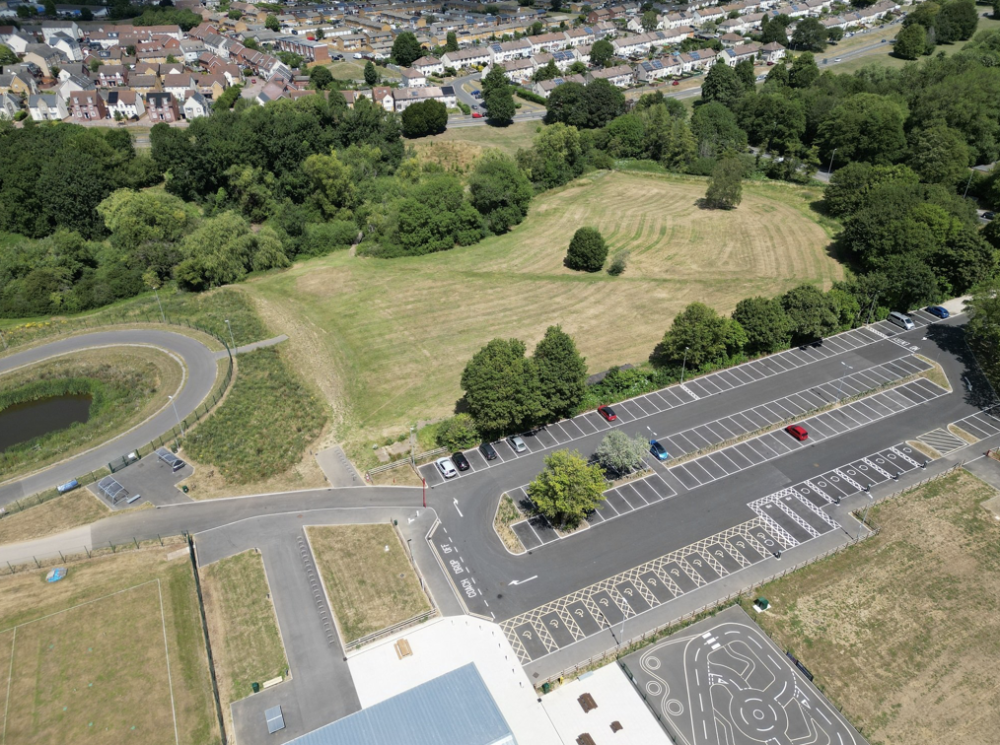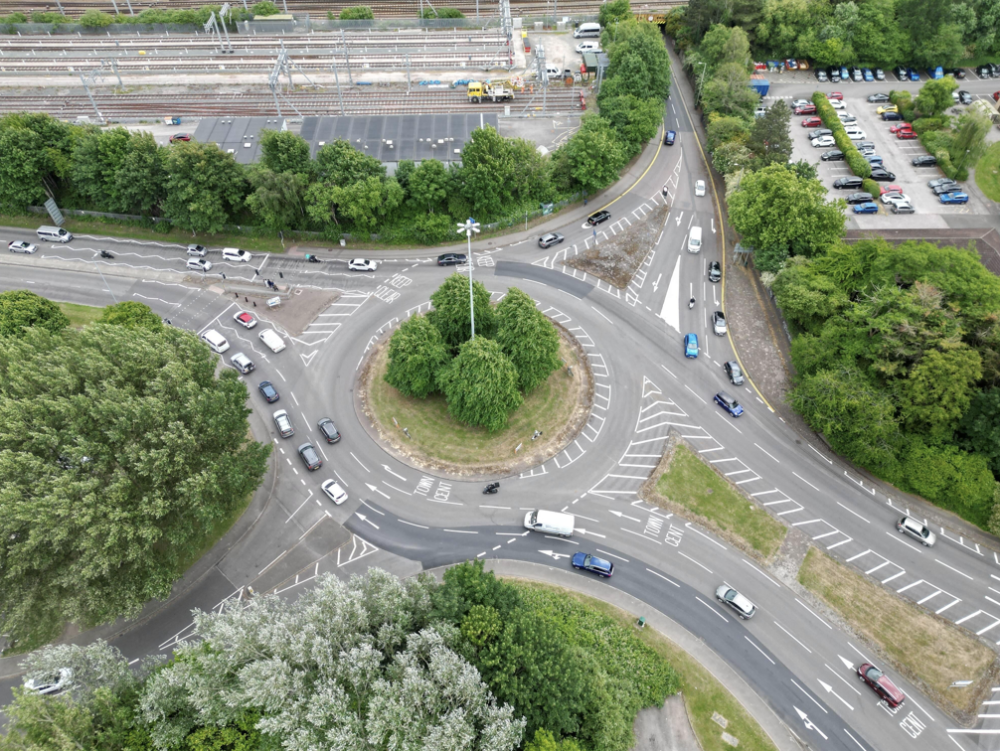Wiltshire Police are supporting the Suzy Lamplugh Trust’s National Stalking Awareness Week from 8-12 April 2019.
This year the Suzy Lamplugh Trust are focusing on the impact of stalking on mental health as well as physical well-being.
Deputy Chief Constable Paul Mills, National Policing Lead for Stalking and Harassment, said: “This week as part of national stalking awareness week, we are looking to highlight the impact that stalking offences have on victims and we are encouraging anyone who believes they are subject of ongoing ‘Fixated, Obsessive, Unwanted and Repeated’ behaviour to come forward so we can work with them to keep them safe.
“Both nationally and locally there has been a significant rise in stalking offences and this reflects increased focus by the police to encourage victims to come forward and to ensure that these offences are properly identified, recorded and investigated”.
Superintendent Sarah Robbins, Force Lead for Stalking and Harassment, said: “If a person’s behaviour towards you is persistent and clearly unwanted, causing you fear, harassment or anxiety, then it is stalking and you should not have to live with it.
“We take all reports of stalking and harassment extremely seriously and recognise the catastrophic effects this can have on a victim. If you are being stalked or harassed, I urge you to report this to us.
“If you feel you are being stalked, then please call us on 101. However, if someone’s behaviour is putting you at immediate risk then please call 999”.
Steps to take to help deal with this type of behaviour
- Keep a record with times, venue and description of what happened; write down information as soon as possible when events are still fresh in your mind
- Record how the suspect looked and sounded - What they were wearing and the make and number plate of any vehicle involved
- Stay alert and aware of your surroundings at all times
- Think about your phone settings - Use a PIN with random numbers; turn off geo-location services in camera apps and your mobile settings; don't use apps that tell you where friends are, check you in etc
- Use a safe computer - use a different computer, belonging to a friend or library, until you can install anti-spyware software on your computer; delete all online accounts; obtain several new e-mail addresses and don't use your name or nickname as a stalker could identify you; create new passwords and password protect your computer
- Social networks are not secure - Your friends can easily share information that can help an abuser track you down. Make sure you use strict privacy settings or, if possible, delete your Facebook account.
Report it
- Important - if you feel that someone's behaviour is putting you at immediate risk then call 999
- If you feel that you are being stalked, we would prefer to speak to you on the phone by calling us on 101, or in person.
Support Services
- Horizon Victim and Witness Care - Contact us here
- Splitz – 01225 775276 or [email protected]
- National Stalking Helpline – 0808 802 0300
- Paladin National Stalking Advocacy Service – 020 7840 8960 or [email protected]
- Victim Support Wiltshire – 0808 281 0113 or [email protected]










Your Comments
Be the first to comment on this article
Login or Register to post a comment on this article